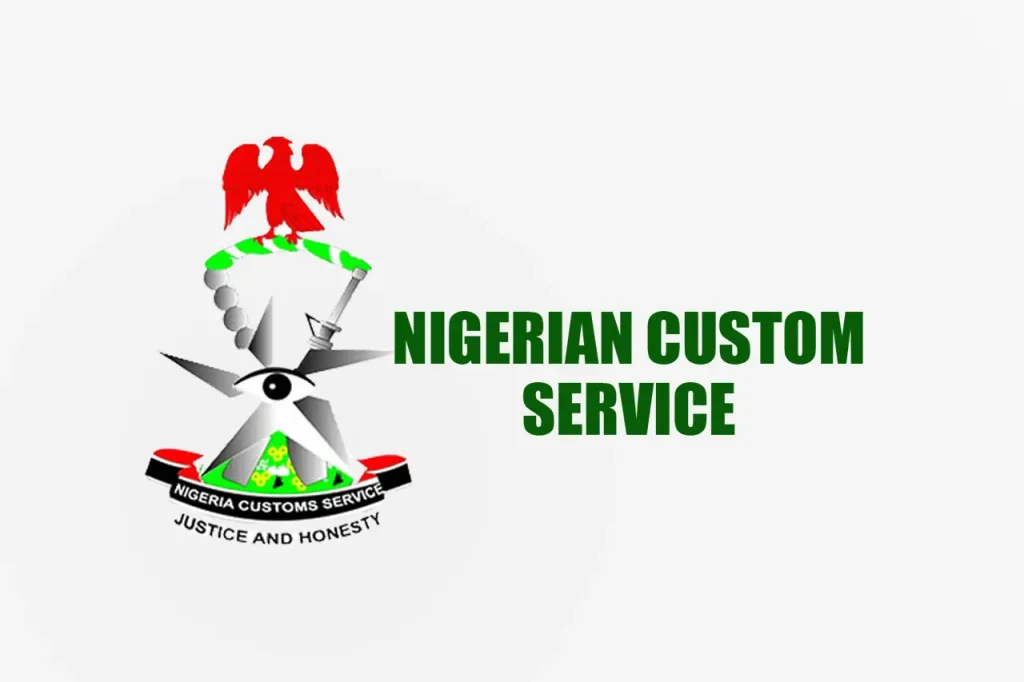The Nigeria Customs Service (NCS) has commenced its Automated Excise Register System (ERS) as part of an ongoing trade modernisation agenda, marking a major step toward digitalising excise administration and reducing manual bottlenecks.
According to a statement by NCS National Public Relations Officer, Abdullahi Maiwada, the system has officially gone live at three strategic excise factories: British American Tobacco Nigeria (BATN) Plc in Oyo State, International Tobacco Company (ITC) Limited in Kwara State, and Leaf Tobacco & Commodities Nigeria Ltd in Kaduna State.
“The formal activation of the ERS follows a series of extensive field activities undertaken by the Service, which included rigorous User Acceptance Testing (UAT), system validation processes, and comprehensive hands-on training engagements with both Customs officers and excise factory personnel,” Maiwada said.
The pilot phase, which ran between July and August 2025, he said, recorded key milestones such as a 75 per cent efficiency score at BATN, seamless integration of production and reporting systems across factories, and stronger collaboration between Customs and factory management.
With the system now live, excise-related transactions in the three factories will be managed exclusively through the ERS.
These, the Customs said, include recording production volumes, computing excise duties, and generating statutory reports. The digital shift is expected to reduce reliance on manual documentation, curb inconsistencies in data reporting, and boost transparency.
“Ultimately, this transition is a crucial step towards building a more accountable and technology-driven excise administration framework,” the Service stated.
Maiwada emphasised that the lessons from the pilot will serve as a blueprint for nationwide rollout, with future phases covering other excise-regulated industries such as beverages, spirits, and additional manufacturing segments. He noted that the initiative aligns with the Customs Trade Modernisation Project.
“The NCS, therefore, calls on industry operators and stakeholders to embrace this noble reform and provide constructive feedback as the system is expanded nationwide.
“The Service also seeks stakeholders’ support in building a more robust and transparent excise regime that fosters compliance, enhances operational efficiency, and guarantees sustainable revenue growth for the Federal Government,” he added.

